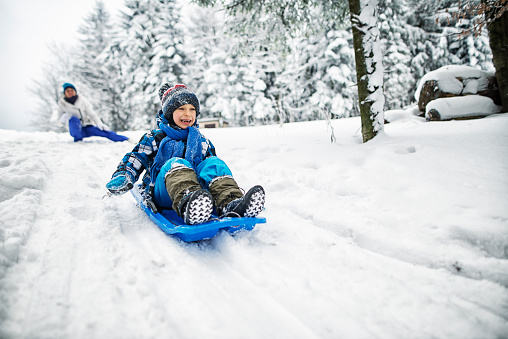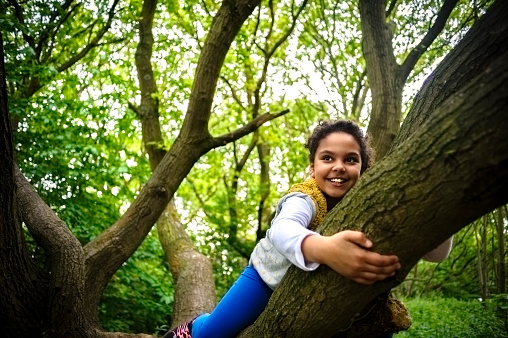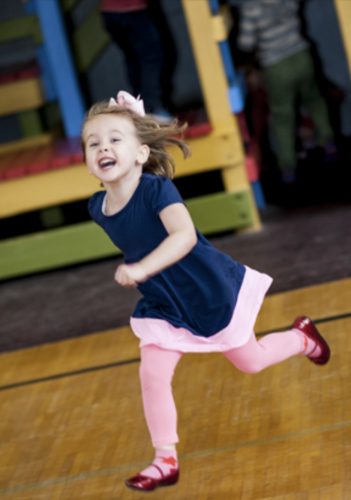By Mary Ellen Christy
As we emerge from COVID, parent’s role is paramount in helping children transition into the return to what is now considered the new normal.

Like everything else in family life, families need to make a plan that works best for them. Some people may want to wear a mask at specific times due to compromised immune systems in their family, possibly when visiting a hospital or riding in crowded transportation. Circumstances are different for each family.
Three groups have suffered greatly during the pandemic: the elderly, who were shut in without being able to be with their loved ones; the so-called digital society working from home; and children. In some instances, consequences have been a little better in terms of families having more time together, but there have also been major negative ones.

Children have been adversely affected by the pandemic in several ways. The Center for Disease Control recently announced a change in developmental milestones. The previous expectation of 500 words of spoken language at 24 months has been raised to 500 words at 30 months. Almost everything children do is based on observation, imitation and experience. For example, they look at people’s mouths to mimic what people are saying as well observing the facial expression to help read emotions. Therefore, mask wearing has drastically affected children’s social emotional and language development. These two domains are the most important components of measuring a young child’s developmental abilities.

We have all seen caution move into timidity. Most importantly, parents need to re-instill hope and ability to take reasonable risk. All learning involves taking a bit of a risk—in order to move forward try something different whether learning a new team sport, engaging in an afterschool class such as science, cooking, joining a scout troop. These opportunities allows children the space to learn the simply give and take of social interactions with peers that is appropriate for school age children. Such things as accepting defeat in a sport, waiting your turn, working cooperatively on producing something, or arriving on a consensus of choices. People with young toddlers can also make a concerted effort to get their children together with other children as well.
It has been very difficult for teenagers, who definitely need peer experiences and interaction. You look at the numbers of kids in psychological counseling and the terrible increase in teen suicide. There is a clear relationship to bullying and self-harm and social media. Teenagers spend so much time on screen time and they must transition from that to in-person programming. They need to get out and move around. As adults, we must be very aware of any change of mood or habits in teenagers. As much as possible, try and limit social interactions over technology and instead encourage them to participate in in-person activities with peers. We encourage you to be proactive and seeking outside support for your children when needed.

Try to spend as much time outside in nature, playing in the park, going to the forest and climbing trees. This past weekend, there was an exciting polar experience on Northerly Island. We need to get children out in groups again. Take hikes or picnics, go ice- skating, play tennis and take your children’s friends along.
Parents should go out as couples and invite baby sitters into their homes. Families have been very reluctant to invite anyone in and now we are able to do this. Go out to dinner and get a babysitter so kids can learn to be comfortable with other adults. Children learn by watching your example. If they see that you feel it is safe to go out, they will feel so as well.

Have a conversation within your family about mask wearing. Reassure children that is ok to not wear a mask, especially when outdoors. Some children will be frightened: a sudden transition can be difficult. We have gotten to such a high number of people who have been vaccinated that children can feel comfortable about not wearing their masks. One little girl told me she will be sorry to not wear her mask at school. It is of course against the rules to chew gum and she said that her teacher didn’t know she was chewing gum on several occasions behind her mask. As we make this transition, try and remember that most children and adults are very resilient. We have all gone through something strange and when in doubt, reach out. If not, remember to enjoy your family, your friends and your life.







